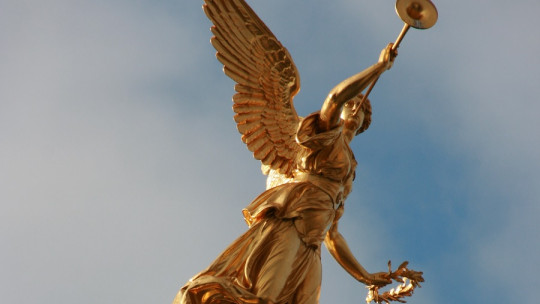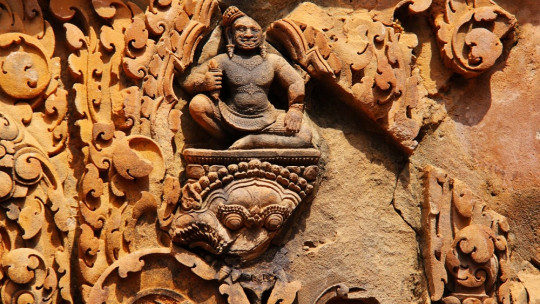The humanities are the disciplines that study human culture, history, and society. These fields of study seek to understand human experiences, behaviors, and values, often exploring ideas and expressions through creative works and intellectual inquiry. They are integral in providing insights into the complexities of human existence and play a crucial role in shaping how we perceive ourselves and others.
In this article, we’ll explore the eight main branches of the humanities, detailing what each of them studies and how they contribute to our understanding of the world.
1. Philosophy
What it Studies:
Philosophy is the study of fundamental questions about existence, knowledge, reason, and ethics. It asks questions like “What is the meaning of life?” and “What is truth?” Philosophers explore concepts like morality, justice, and the nature of reality, offering frameworks for thinking critically about complex issues.
Key Areas of Study:
- Metaphysics: The study of the nature of reality and what exists.
- Epistemology: The study of knowledge, its scope, and limits.
- Ethics: The study of moral principles and decision-making.
- Logic: The study of reasoning and argumentation.
2. History
What it Studies:
History is the study of past events, societies, and civilizations. Historians seek to understand how events unfolded, why they happened, and how they shaped the present and future. This branch often involves the analysis of historical documents, artifacts, and oral traditions.
Key Areas of Study:
- Political history: The study of governments, political events, and leaders.
- Social history: The study of everyday life and social structures.
- Economic history: The study of how economies have evolved and influenced societies.
- Cultural history: The study of ideas, values, and cultural practices across time.
3. Literature
What it Studies:
Literature is the study of written works, particularly those that have artistic and intellectual merit. This branch explores different genres, from novels and poetry to plays and essays, focusing on the human experience as expressed through language.
Key Areas of Study:
- Genres: Fiction, nonfiction, poetry, drama, and more.
- Literary theory: Various critical approaches to interpreting literature (e.g., feminism, Marxism, psychoanalysis).
- Comparative literature: Comparing literature from different cultures or time periods.
4. Linguistics
What it Studies:
Linguistics is the scientific study of language. It examines how languages evolve, how they are structured, and how they are used in communication. Linguists study both the written and spoken aspects of language, including syntax, semantics, phonetics, and sociolinguistics.
Key Areas of Study:
- Phonetics: The study of sounds in language.
- Syntax: The study of sentence structure.
- Semantics: The study of meaning in language.
- Sociolinguistics: The study of how language varies across social groups.
5. The Arts
What it Studies:
The arts encompass a wide range of creative endeavors, from visual arts like painting and sculpture to performing arts like music, dance, and theater. This branch examines how artistic expression reflects human emotions, ideas, and experiences.
Key Areas of Study:
- Visual arts: Painting, sculpture, photography, and other forms of visual expression.
- Performing arts: Music, dance, theater, and performance.
- Art history: The study of the evolution of art forms across time.
6. Religious Studies
What it Studies:
Religious studies involves the academic exploration of religion, its beliefs, practices, and cultural impact. This branch does not advocate for any particular religion but instead seeks to understand the role religion plays in human societies across history and in contemporary times.
Key Areas of Study:
- Theology: The study of the nature of the divine and religious beliefs.
- Comparative religion: Comparing different religious traditions and practices.
- Sacred texts: Analyzing religious scriptures such as the Bible, Quran, and Bhagavad Gita.
7. Anthropology
What it Studies:
Anthropology is the study of human beings, their societies, cultures, and evolutionary history. Anthropologists seek to understand human behavior, both past and present, through an interdisciplinary approach that includes archaeology, biology, and cultural analysis.
Key Areas of Study:
- Cultural anthropology: The study of cultural practices and norms.
- Archaeology: The study of past human societies through material remains.
- Biological anthropology: The study of human evolution and biological diversity.
- Linguistic anthropology: The study of language and communication in human societies.
8. Sociology
What it Studies:
Sociology is the study of human societies, social behavior, and institutions. Sociologists investigate how individuals and groups interact, how societies are organized, and how they evolve. This branch examines social issues such as inequality, crime, and the role of institutions like family, education, and government.
Key Areas of Study:
- Social structures: The patterns of organization in society (e.g., class, gender, race).
- Social change: How societies evolve over time.
- Deviance and crime: The study of behaviors that deviate from societal norms.
- Social inequality: The study of disparities in wealth, education, and power.
The study of the humanities offers a profound exploration of what it means to be human. Through the eight branches discussed above, we gain insights into how we think, communicate, create, and interact with others, helping to shape a better and more meaningful world.
FAQs About the Humanities
What are the main goals of the humanities?
The main goals of the humanities are to deepen our understanding of human experiences, values, and culture. Through the study of subjects like philosophy, history, and the arts, the humanities aim to foster critical thinking, creativity, and empathy, helping us navigate complex social and moral issues.
How do the humanities contribute to society?
The humanities contribute to society by offering insights into the human condition and encouraging dialogue across cultures and generations. They help preserve cultural heritage, shape ethical values, and promote understanding of diverse perspectives, which can lead to social progress and cohesion.
Are the humanities still relevant today?
Yes, the humanities are more relevant than ever. As technology, globalization, and social issues continue to evolve, the humanities provide essential tools for addressing ethical dilemmas, understanding cultural differences, and creating meaning in a rapidly changing world.
How can studying the humanities improve personal development?
Studying the humanities can enhance critical thinking, communication skills, and emotional intelligence. It encourages self-reflection, helps develop a deeper understanding of others, and fosters a sense of purpose and connection to the world around us.











